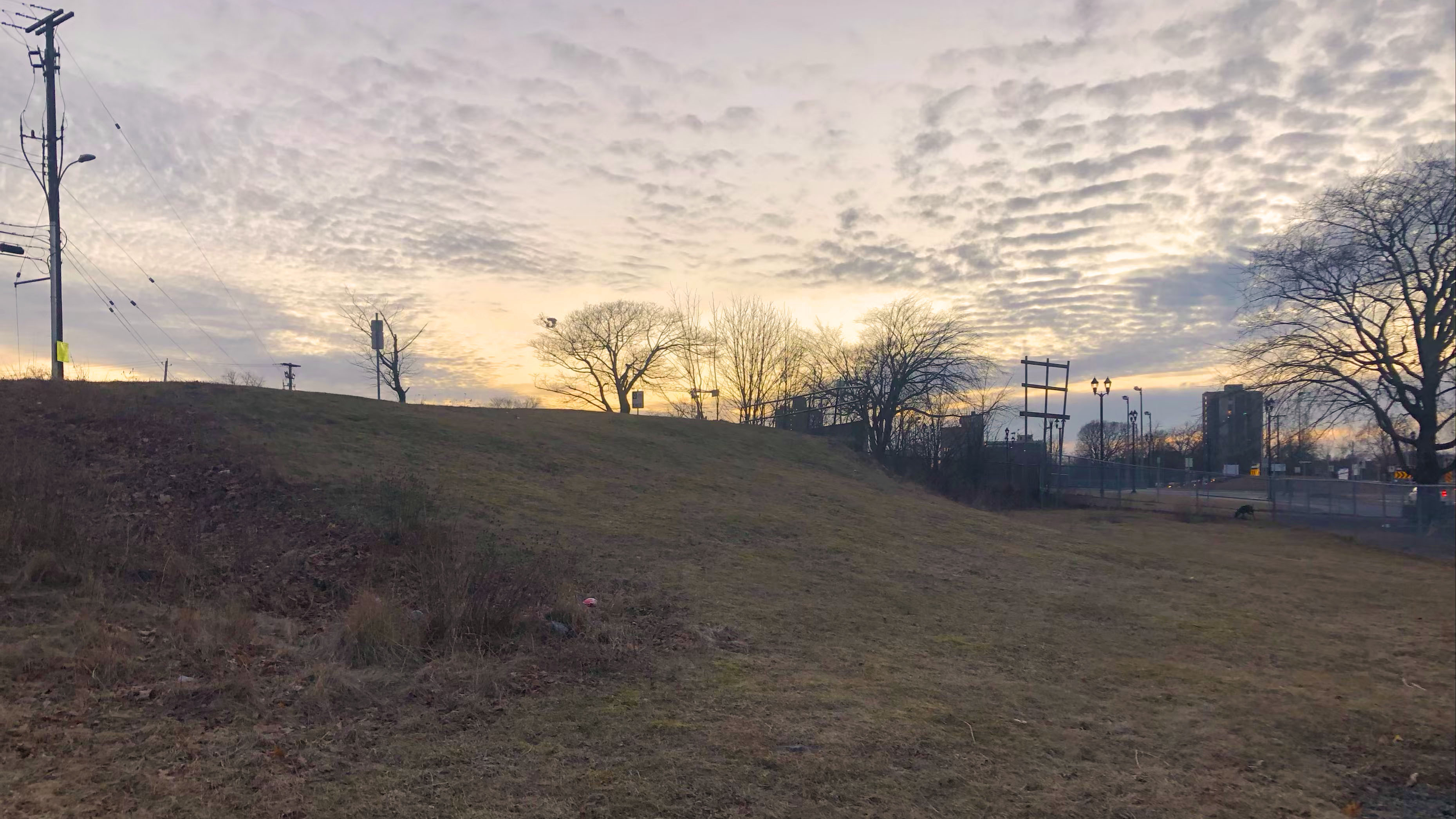Environment
HRM to advance naturalization efforts to help native species
Council agrees potential benefits to protect habitats outweigh risks

caption
Naturalization efforts can be introduced to any public green space, like this one in north-end Halifax.Halifax’s finely manicured greenery could soon look a lot more like nature intended.
In a unanimous vote Tuesday, Halifax regional council voted to advance naturalization efforts over the next two years.
Naturalization is a process that attempts to improve the well-being of plant and insect populations native to an area. This involves reintroducing native species including trees, shrubbery and flowers, reducing mowing in certain areas and controlling invasive weed species.
This “minimum maintenance intervention” approach not only decreases municipal operational costs, but conserves native plants and benefits wildlife, according to a staff report.
These efforts can be applied to parks, forests and open public spaces in the municipality. The staff report cited an urban orchard on the Dartmouth Common and planting of trees native to Acadian Forests in Point Pleasant Park, as examples.
Coun. Sam Austin liked the plan. He said a popular walking trail, running from the ferry to the community college in downtown Dartmouth, has already been cultivated using naturalization efforts.
“There’s no mowing whatsoever,” he said. “It’s a space that everybody loves and I think that’s an example of success.”
‘Unsightly’
Coun. Tim Outhit and Coun. Bill Karsten both raised concerns about the strategy, as experiences in their districts have left them skeptical of how efforts would be received.
Outhit used the Bedford Basin as an example, saying an area that was left free to grow “just went sideways.” He said the Bedford location has issues with ticks carrying lyme disease, rodents and people “hiding in the tall grass” near a playground.
He said he would “need a whole lot of assurance that this is going to be more than just a way of doing less mowing.”
Karsten, councillor for Dartmouth South-Eastern Passage, noted there were residents of a “pricey” condo building in his district who were unhappy that a natural habitat could be viewed from their building.
“Where do we find the line between what is unsightly and what is naturalized in an area that is urban?” said Karsten.
Need for signs
Coun. Lisa Blackburn supported the strategy, but emphasized the need for a clear definition of naturalization.
“Public signage will be key here; otherwise our phones will be ringing off the hooks,” she said.
Coun. Matt Whitman agreed.
“I’m hoping this won’t be an excuse for not doing a great job on our properties,” he said.
Denise Schofield, director of parks and recreation, told council naturalization doesn’t mean abandoning an area so it becomes overrun with plant and wildlife. Instead it’s a different type of maintenance that enables natural processes to reoccur and brings natural activity back to an area.
Coun. Richard Zurawski, who introduced the motion, said the benefits outweigh the risks.
“I think it’s a balancing act,” he said, noting clear guidelines and public awareness are necessary to ensure the areas don’t become a “refuse for neglect.”
Zurawski said community consultations and continued monitoring of efforts have to take place before a specific strategy is presented to council.


E
Emily